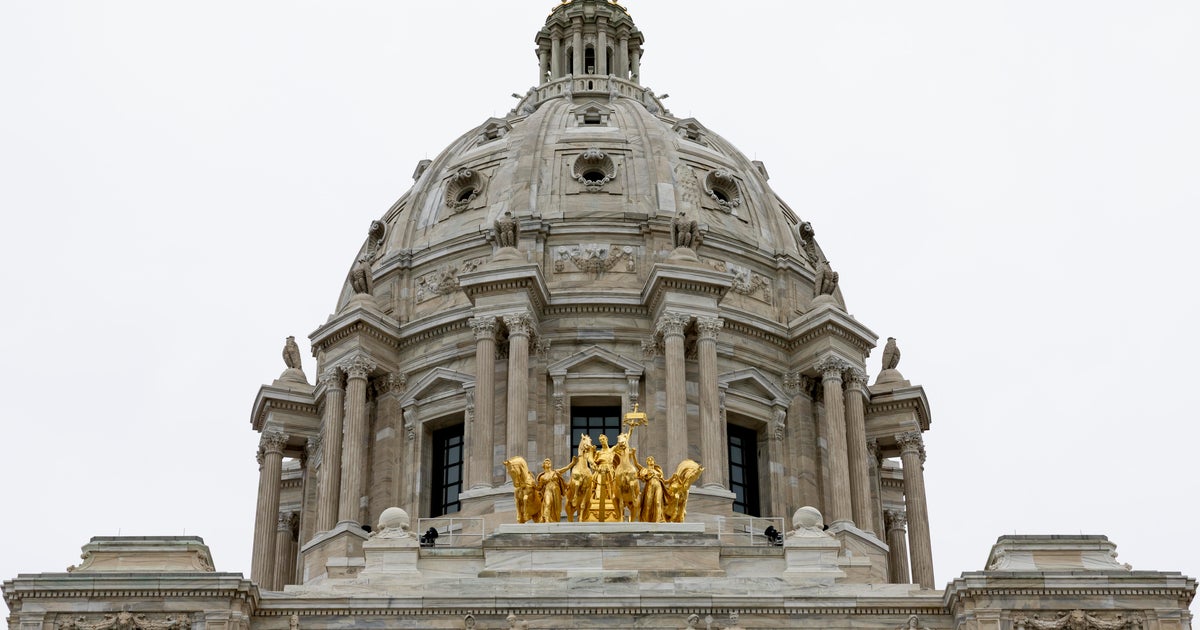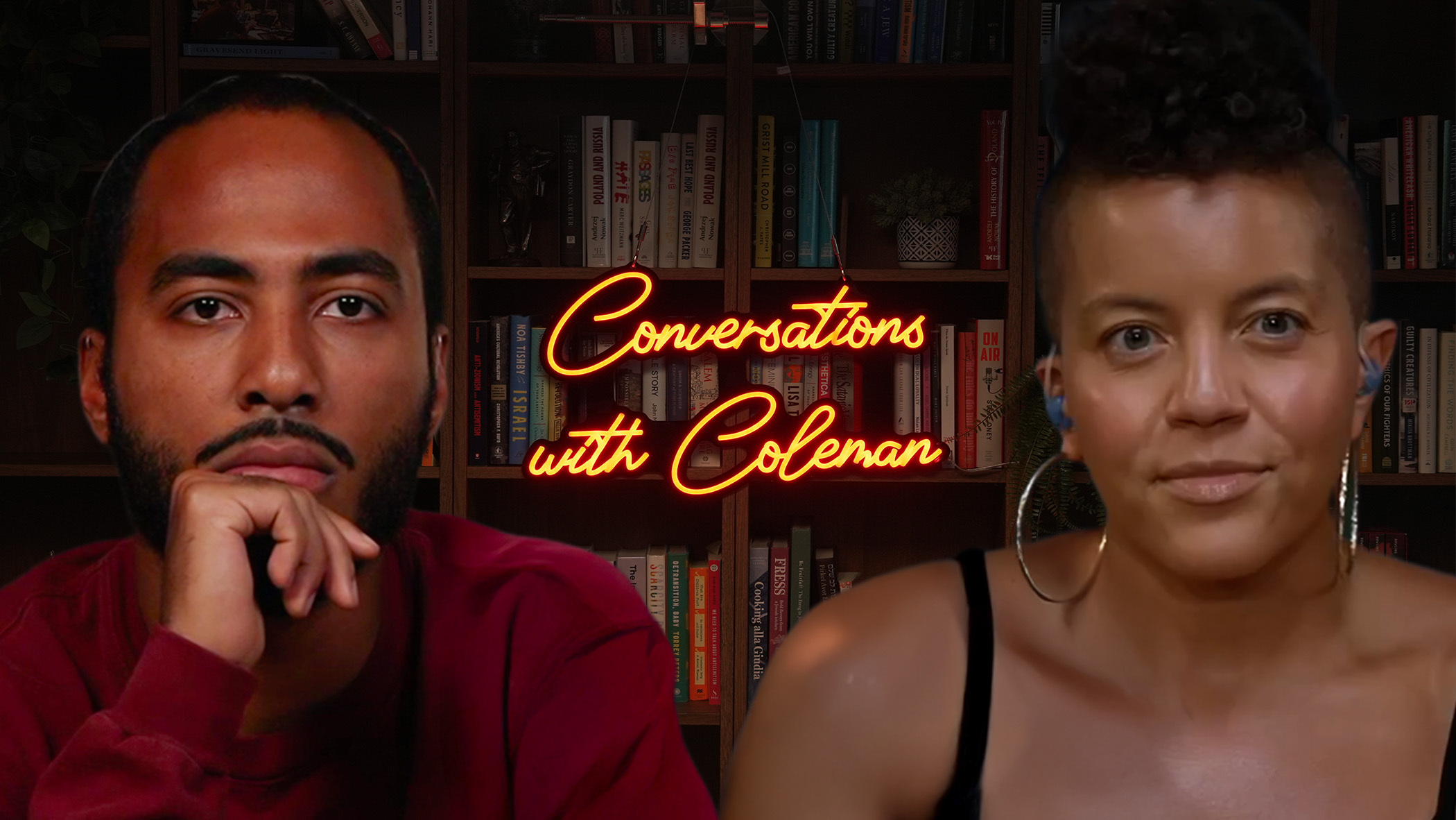McConnell calls changes to 2017 tax law a "red line" after Biden meeting
Washington — Senate Minority Leader Mitch McConnell said he and House Minority Leader Kevin McCarthy conveyed to President Biden during their Tuesday afternoon meeting that changing the Trump-era tax law by increasing taxes is a "red line" when it comes the president's infrastructure proposal.
"We're not interested in re-opening the 2017 tax bill. We both made that clear to the president. That is a red line," McConnell told reporters after the meeting with Mr. Biden, McCarthy, House Speaker Nancy Pelosi and Senate Majority Leader Chuck Schumer.
The White House said the president "enjoyed hosting Speaker Pelosi, Leader Schumer, Leader McConnell, and Leader McCarthy, and spent the nearly two hours working with them to identify areas where they could collaborate, especially with regard to infrastructure, on which the leaders agreed there was a need for investment."
Pelosi said in a statement after the meeting that it had been "constructive and encouraging."
"There is bipartisan recognition of the need for not only infrastructure repair but new infrastructure investment. The meeting was a good early step, which I am hopeful will take us toward the big and bold vision of President Biden, which Congressional Democrats share, as soon as possible," Pelosi said.
The meeting, Mr. Biden's first with the top congressional leaders since his inauguration, came as negotiations over the president's multi-trillion dollar infrastructure agenda continue, and two hours after House Republicans booted Representative Liz Cheney from leadership by voice vote. McCarthy, speaking to reporters at the White House after the meeting, claimed no one is still trying to litigate the 2020 presidential election, despite the ex-president continuing to claim it was rigged.
"I don't think anybody is questioning the legitimacy of the president's election. That is all over with," McCarthy claimed.
McCarthy backed pushing her out. At the top of the meeting, Mr. Biden said he was happy to host the leaders to see if they could reach "consensus" on infrastructure. Asked by a reporter if he can trust McCarthy and work with him after what the GOP leader did to Cheney, the president appeared to chuckle and answer "yes."
The meeting with was expected to focus on Mr. Biden's $4 trillion two-pronged plan, which is divided between a $2.3 trillion proposal on physical infrastructure and jobs and a $1.8 trillion measure on health care, education and child care.
"The bottom line here is we're going to see whether we can reach some consensus on a compromise…we're going to talk a lot about infrastructure," the president said at the top of the meeting, before reporters were escorted out of the room.
The meeting began shortly after 11 a.m., and wrapped around 12:45 p.m.
Republicans have pushed back against Mr. Biden's proposal, questioning both the price tag and the inclusion of provisions apparently unrelated to "traditional" infrastructure such as roads, bridges, transportation and broadband expansion. They also oppose Mr. Biden's plan to pay for his infrastructure package, which would include raising the corporate tax rate from 21% to 28% and negotiating a new global minimum tax for multinational corporations.
Democratic Senator Joe Manchin has floated raising the corporate tax rate to 25% instead, but it's unclear whether this would garner sufficient support from Republicans.
A group of Republican senators introduced a $568 billion counteroffer last month, spearheaded by Senator Shelley Moore Capito. The GOP proposal includes $299 billion for roads and bridges, $65 billion to expand broadband, $61 billion for public transit systems and $20 billion for railroads, as well as funding to revamp the nation's ports, airports and water infrastructure.
Capito said on Friday that the $568 billion plan "is not our final offer." McConnell also said Monday that he would be willing to consider a package between $600 and $800 billion, signaling some openness to negotiation among Republicans.
Mr. Biden has met with a number of lawmakers from both parties in recent days. On Thursday, he will meet with a group of Republicans who helped formulate the Republican counteroffer, including Capito and Senators John Barrasso, Roy Blunt, Mike Crapo and Roger Wicker. But Senator John Thune, the Republican whip, told reporters on Tuesday that it was not enough to simply meet with GOP lawmakers.
"I would like to see the president sit down and express more than just a willingness to listen, but a willingness to take action to work in a bipartisan way to try and get a deal," Thune said.



